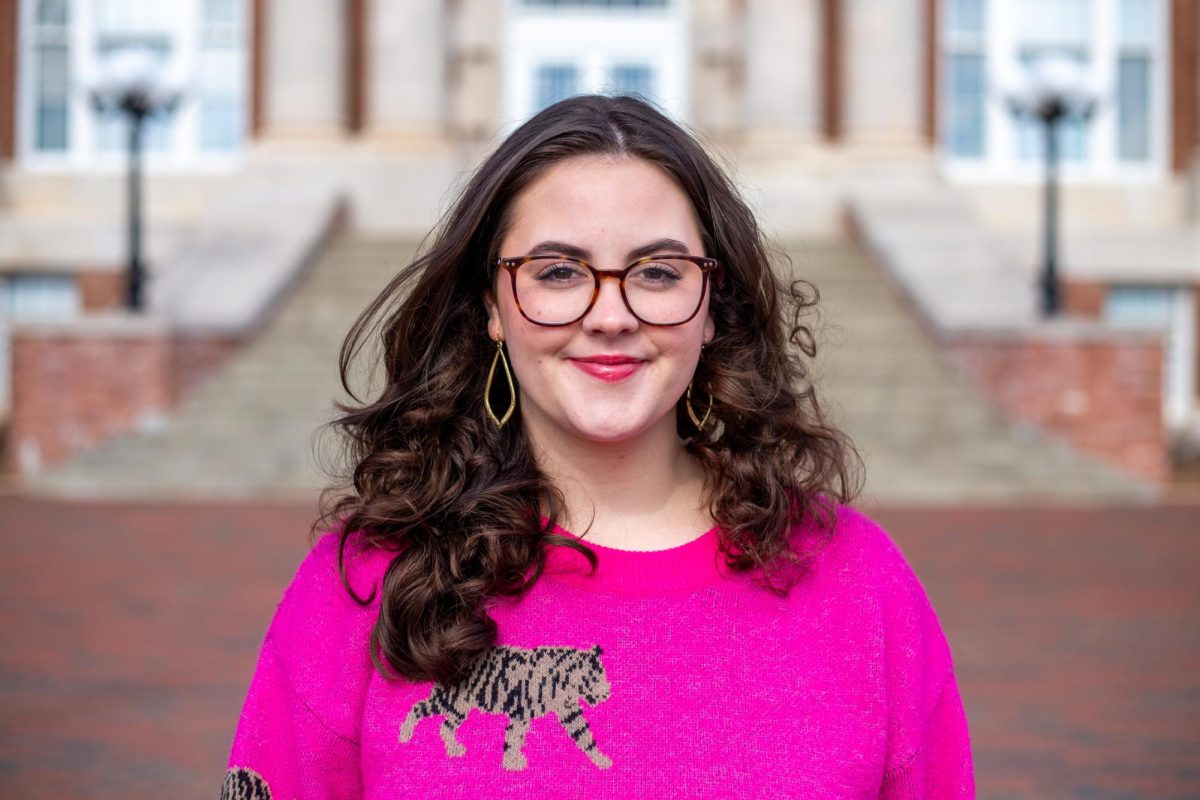Once upon a time, there was a beautiful girl from Gering, Neb. She hoped to become a lawyer one day, maybe a judge and then some sort of politician. But she gave all that up for a while and worked for a very different goal.
She strutted herself in a black bikini as well as a white evening gown, played “White Water Chopsticks” on the piano for a panel of judges and voiced her issues on website security. And the next thing she knew, Teresa Scanlan was Miss America 2011.
We all know stereotypes follow pageant contestants around like a shadow, inescapable no matter what light the girl stands in. Contestants are known sometimes for answering questions with answers that sometimes are completely inappropriate or, in other words, dumb. But before we are too judgmental toward the contestants, do we even know much about the pageants themselves?
There are six pageants we have all probably heard of: Miss America, Miss Universe, Miss USA, Miss World, Miss Teen USA, and Outstanding Teen. There are also multiple types of pageants: full-glitz pageants, natural pageants, semi-glitz pageants, face pageants, scholarship pageants, co-ed pageants, online pageants and online photo shoots.
The Miss America pageant was recently aired on ABC earlier this January, crowning the Nebraska contestant a winner for the first time in its 90-year history.
Pageants have always been plagued with controversy, ever since 6-year-old pageant cutie JonBenet Ramsey was murdered on Christmas Eve in her parent’s home back in 1996.
There were pictures of her wearing provocative outfits and making her an object of inappropriate sexual fantasies that were scrutinized heavily by the press.
Since this tragedy, child pageants have been under heavy scrutiny. Some claim beauty pageants are more for the parents than for the children.
But the purpose of this article is to shed the stereotypes I once believed in like a child believes in Santa Claus.
I recently shed my opinions after a girl from my high school, who was this year in my public speaking class, gave a speech about the importance of pageants and their purpose of shaping America’s young women.
I had never really talked to her in high school; we just passed each other in the hallways. But I had always known she was hardcore into the beauty pageant scene, and from what I’d heard, she was good at it, too.
When she gave her speech that day, I made sure to pay attention. The Miss American Coed Pageants have awarded more than $12 million in scholarships and awards to women of many ages with qualities that help them become “the leaders of tomorrow.”
Pageants help the women learn confidence, poise and sometimes give them an opportunity to make friends for life. According to the pageant center website, contestants’ appearance is important, but no more so than their unique personality, ability to get along with others and their achievements.”
It’s true that pageant contestants have made IQ errors in the past, but not all of them can be judged for this mistake.
We need to get it through our heads that this scholarship opportunity is a character-building experience, and these contestants may end up being our lawyers. They may end up being our judges. And they may end up being our politicians. Despite certain beliefs, I have recently come to feel that pageants are not at all a joke; pageants are very serious for some.
We put all of our efforts into our sports, into our studies, into our video games. The only things these girls do differently is work hard for their image.
Becca Horton is a freshman majoring in communication. She can be contacted at opinion@reflector.msstate.edu.
Categories:
Pageants provide poise, confidence for girls
Becca Horton
•
January 27, 2011
0
Donate to The Reflector
Your donation will support the student journalists of Mississippi State University. Your contribution will allow us to purchase equipment and cover our annual website hosting costs.
More to Discover





